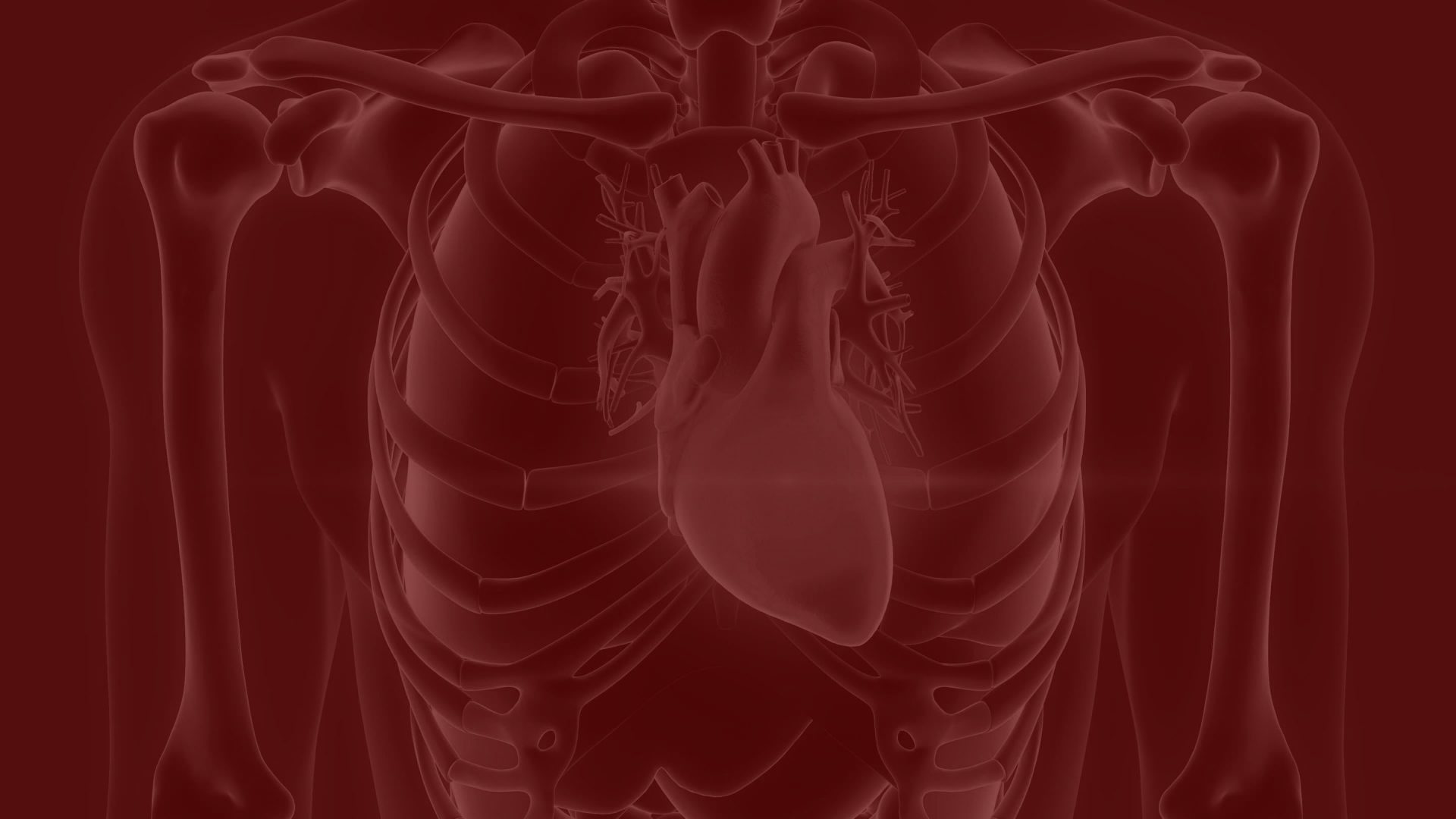For many years now, research teams have been experimenting with various stem cell types in the treatment of heart failure and heart muscle damage.
In addition to the fact that stem cells may be of many varying types, methods of delivery will vary from intravenous (into peripheral veins), intracoronary (into the heart’s arteries), or more effectively, in the author’s view, directly into the heart muscle itself.
The bio-therapeutics company, BioCardia, of San Carlos, California is involved in a Phase III, FDA allowed trial, examining the safety and efficacy of certain autologous, pre-screened bone marrow cells in the treatment of Class II and Class III heart failure patients. The results are controlled and blinded to the patients and the clinical data evaluators.
Although top line, final data will not be definitively available until end of 2019, the first ten, or so-called roll-in cases, wherein all patients with heart failure received known, active, autologous cells directly into the heart muscle (with the company’s patented delivery system), –reported positive results at the national TCT meeting in San Diego this week:
Their report is recapped below:
“BioCardia®, a leader in the development of comprehensive solutions for cardiovascular regenerative therapies, today (Sept 24) announced that positive data from two studies of its investigational CardiAMP stem cell therapy were presented…at the Transcatheter Cardiovascular Therapeutics (TCT) conference.
CardiAMP cell therapy uses a patient’s own (autologous) bone marrow cells to potentially stimulate the body’s natural healing response through a minimally-invasive, catheter-based procedure.
Nine month results from the 10-patient roll-in cohort of the CardiAMP Heart Failure Trial, a Phase III pivotal trial, showed clinically meaningful improvements in symptoms, quality of life, and exercise capacity, as measured by New York Heart Association class, Minnesota Living with Heart Failure Questionnaire, and Six Minute Walk Distance, respectively.
At nine months, clinically meaningful improvements were seen in Six Minute Walk Distance, New York Heart Association Heart Failure Class, and Minnesota Living with Heart Failure Questionnaire, which were statistically significant at six months relative to baseline, although not at nine months. (This difference was due in part to the lack of nine month follow-up in one patient due to a MACE event which was assigned a score intended to capture the event for comparison to the control arm.) The improvements in exercise capacity and quality of life were greater in magnitude than those observed in the previous Phase II randomized placebo-controlled trial of CardiAMP therapy, which reached statistical significance in both endpoints when compared to control.
CardiAMP-HF is the first multicenter clinical trial of a stem cell therapy to prospectively screen for stem cell therapeutic potency. It is currently enrolling at leading cardiovascular centers across the United States. One-year results for the roll-in cohort of the CardiAMP-HF trial will be presented at the American Heart Association Scientific Sessions 2018 conference in November.
Another presentation examined the safety profiles of leading methods of stem cell therapy delivery in clinical use today, including BioCardia’s Helix Biotherapeutic Delivery System, which is used to deliver CardiAMP cell therapy. The study encompassed a review of published articles on clinical trials supplemented by reports from the FDA Manufacturer and User Facility Device Experience of reported adverse events.
The treatment emergent MACE rate (complication rate) was 0.3 percent for the Helix system, and ranged from 1.2 to 5.0 percent for the other systems. In addition, the Helix System showed no deaths, while the mortality rate of the other approaches ranged from 0.39 to 0.83 percent. As a result, the study concluded that the investigational Helix (BioCardia) biotherapeutic delivery system appears to have the best safety profile among the leading delivery systems in clinical trial use today, based on currently available data.
In more than 300 clinical cases and over 5,000 deliveries performed by 40 interventional cardiologists in 30 centers globally, no death, myocardial infarction, or stroke related to the Helix system has been reported thus far.”
The emergence of new therapies for heart failure such as the direct introduction of biological agents into the heart muscle will undoubtedly involve studies like this in the future. Should the final results improve patient exercise capacity, and quality of life, they will usher in a new chapter of cardiovascular therapy. Along with medications and newer methods to deal with valve abnormalities, it is hoped that heart failure patients will be facing a more optimistic future than the currently disappointing prognosis.

